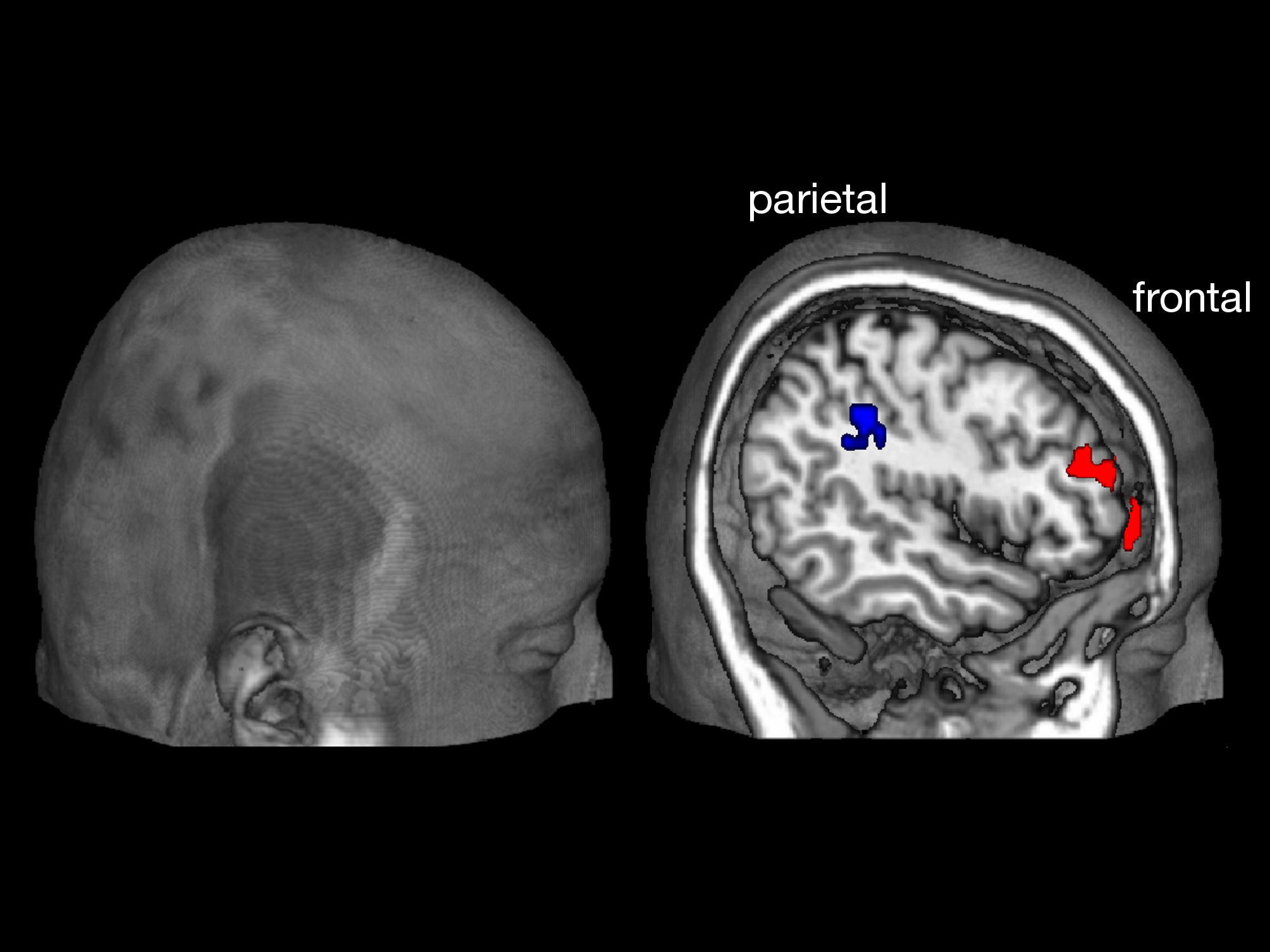Spoilt for choice? How neuroscience can explain your attitude toward freedom of choice
Being spoilt for choice can be a burden or a blessing: People value their freedom of choice differently. Whereas some people happily let others make decisions for them, others might rebel against restrictions of their freedom of choice. Scientists from the University of Bern have now been able to explain the individual attitude toward freedom of choice based on brain activations.
When someone else tries to control their decisions, many people will react negatively: For example, if an employer orders overtime, this might dampen the work motivation. One reason is that the employees might feel robbed of the freedom to showcase their hard work voluntarily; others, by contrast, don’t take issue with the ordered overtime. The fact that people differ in the way they deal with such restrictions of their freedom of choice is well known. How the urge for freedom of choice arises, however, has yet remained unclear.
Now, a team of researchers around Daria Knoch from the Department of Social Psychology and Social Neuroscience at the Institute of Psychology of the University of Bern in collaboration with researchers from the University of Konstanz has uncovered the brain mechanisms that can explain the urge for freedom of choice. The findings have just been published in “The Journal of Neuroscience”.
The brain provides new insights into defiant behavior
In this study, 51 participants allocated real money between themselves and another person. The other person either let the participants choose freely how to divide the money or prohibited the most unfair option. While the participants were making their decisions, a brain scanner (MR scanner) recorded their brain activations. “This method allows us to measure processes that affect people’s decisions even without their awareness”, explains the principal author Sarah Rudorf. The participants were also asked which thoughts and feelings they had while making the decisions.
The results show: when the participant’s freedom of choice was restricted – so that they were not allowed to choose the most unfair option – many of them reacted with defiant behavior and chose less generous allocations than when they could decide freely. By contrast, other participants were generous in any case. Based on the brain scans, the researchers found that the communication between certain brain areas can explain how strongly defiant a person reacts against a restriction. “The differences in defiant behavior were particularly visible in the parietal lobe and the frontal lobe, which are centrally involved in attention and complex decision making”, explains senior author Daria Knoch. The stronger the communication was between these brain regions during the choice restrictions, the more defiant was the behavior. Moreover, the strength of communication also reflected whether participants perceived the restriction as a signal of distrust and to what degree this perception influenced their decisions.
This study provides first insights into the neurobiological mechanisms of responses to the restriction of the freedom of choice. “Our findings have implications for many areas, such as the health system”, says Sarah Rudorf. On a daily basis, doctors and therapists give their patients instructions, often involving restrictions. “By better understanding the responses to restrictions we can derive more efficient measures to increase cooperation”, concludes Daria Knoch.
Publication:Sarah Rudorf, Katrin Schmelz, Thomas Baumgartner, Roland Wiest, Urs Fischbacher & Daria Knoch. Neural mechanisms underlying individual differences in control-averse behavior. The Journal of Neuroscience. https://doi.org/10.1523/JNEUROSCI.0047-18.2018, in press |
2018/05/14


